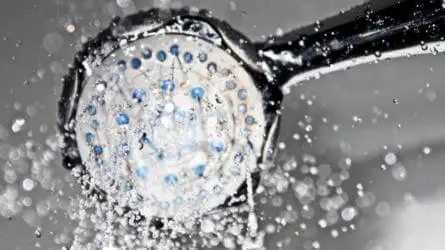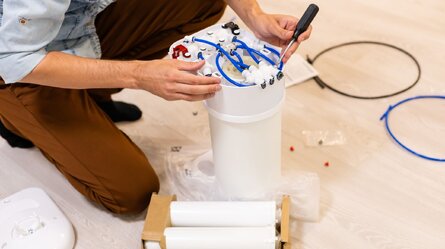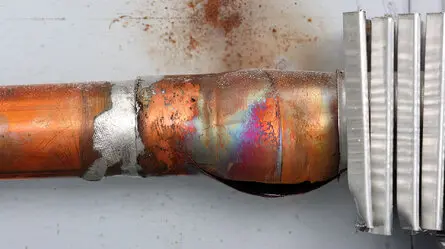Most people have faced the problem of low water pressure at one time or another.
Most people are familiar with how low water pressure can disrupt daily activities like showering, doing laundry, or washing dishes. Interestingly, not everyone realises that high water pressure can pose an equally significant issue.
While problems from low water pressure can be annoying and inconvenient, high water pressure is often more serious, leading to property damage. It can also threaten the safety of residents, demanding immediate attention.
In this guide, we’ve discussed some of the problems that high water pressure may cause and mentioned a few solutions you can try to fix such issues. So, let’s get started!
Problems Caused By High Water Pressure
When water passes through plumbing systems at high pressure, it can severely damage its various components and lead to problems such as:
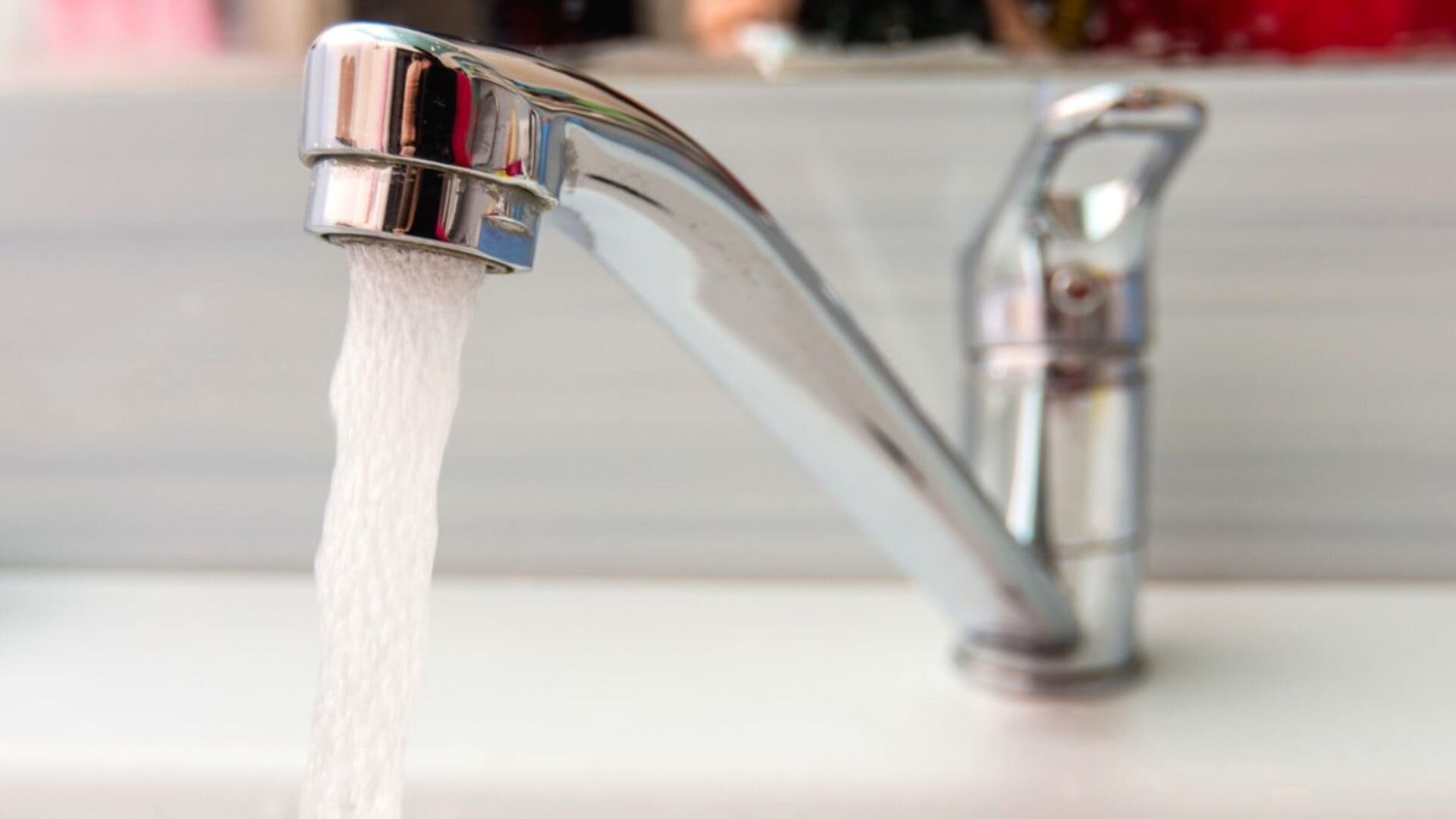
1. Leaks From Pipes
Water passing at high pressure exerts a lot of strain on the piping, which eventually wears down. When this happens, the pipes cannot retain the water and start developing leaks, leading to water damage in your home.
2. Damaged Seals
Water flowing at high pressure can damage the seals on the piping, causing them to break down more quickly. In some cases, broken seals can cause the plumbing pipes to burst, and water may start flowing through your home.
3. Faster Wearing Out Of Appliances
All appliances that use water, such as your washing machine, water heater, or dishwasher, function optimally at a certain water pressure level. However, when the water pressure becomes excessively high, their various components can start wearing out faster and may get permanently damaged.
This can cause the appliance to malfunction or fail altogether, and such damage may also not be covered under warranty.
4. Higher Bills
Another direct effect of high water pressure is a rise in water bills as more water enters the household, indicating higher consumption levels.
5. Water Wastage
High water pressure often leads to water wastage, as in most situations, water starts flowing quickly through the various outlets at such speeds that it cannot be used. A large quantity of water is wasted in this manner.
6. Leaking Fixtures
Water flowing at high pressure can cause fixtures like faucets and taps to leak. Replacing such fixtures until the pressure is normalised is not feasible since the new ones can also develop the same problem over time.
Detecting High Water Pressure
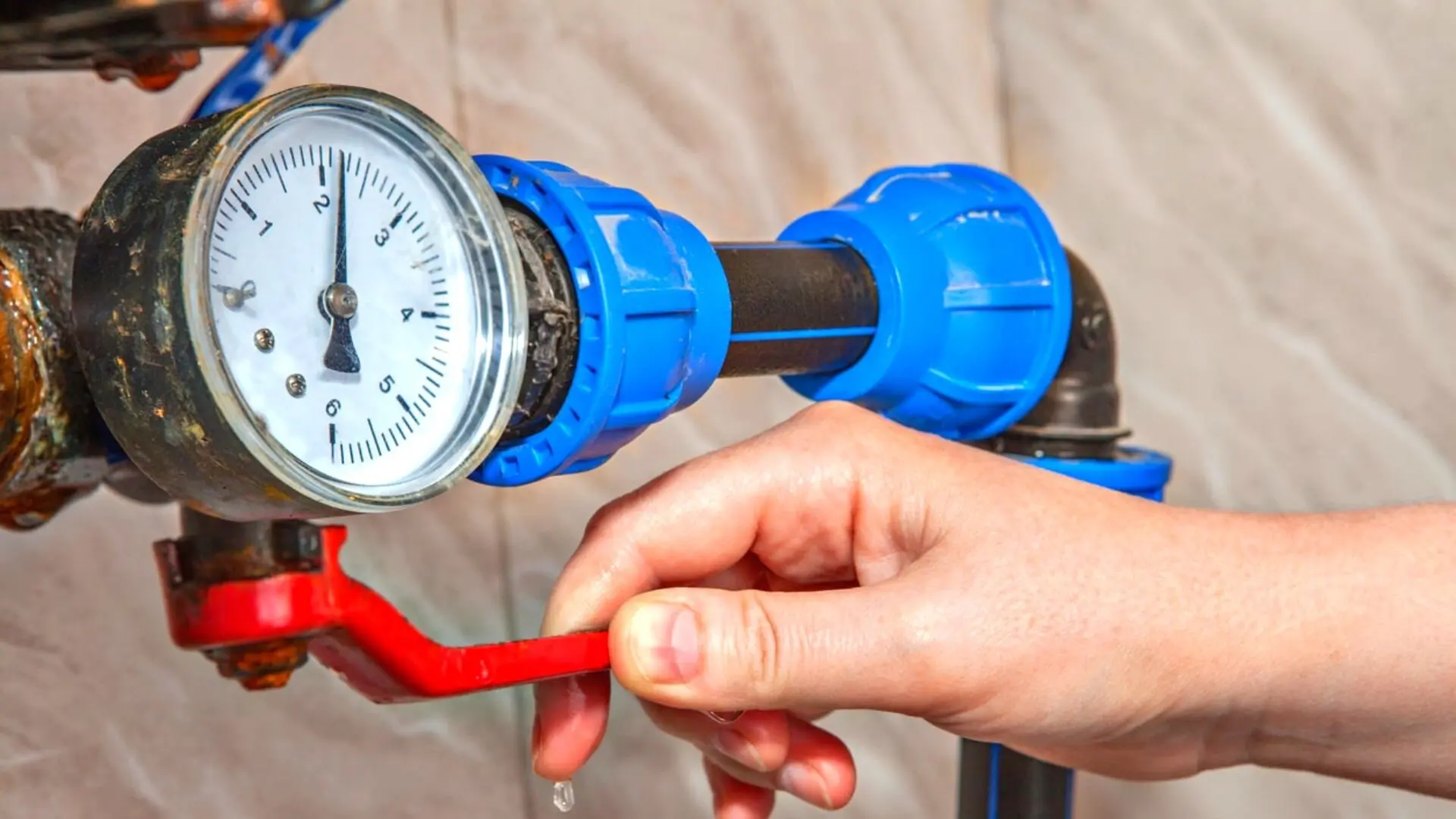
1. Using A Pressure Gauge
Household water pressure ranges from 40 to 80 pounds per square inch (psi). To check the water pressure, you can use a water pressure test gauge, which can be easily purchased at low prices from local hardware stores.
Using this gauge is straightforward: attach it to a faucet without turning the water on first. Make sure it reads 0 psi initially; then, turn on the tap and check again. If it exceeds 80 psi, your water pressure needs to be reduced.
2. Rattling Pipes
If you notice some noises coming from the piping in your home, it may also indicate high water pressure. This is because when water flows at high pressure, it tends to bounce off the various surfaces of the piping instead of flowing evenly.
3. Noisy Appliances
Water flowing at high pressure can also cause appliances like dishwashers and washing machines to make a lot of noise. This is because their internal components have to function with much extra water.
4. Low Hot Water Supply
If your hot water runs out quickly, it may also indicate high pressure. Hot water does not last long since a more significant amount of hot water is flowing rapidly through the showerhead or faucet in a short period.
Causes Of High Water Pressure
There may be various reasons for high water pressure in your home, such as:
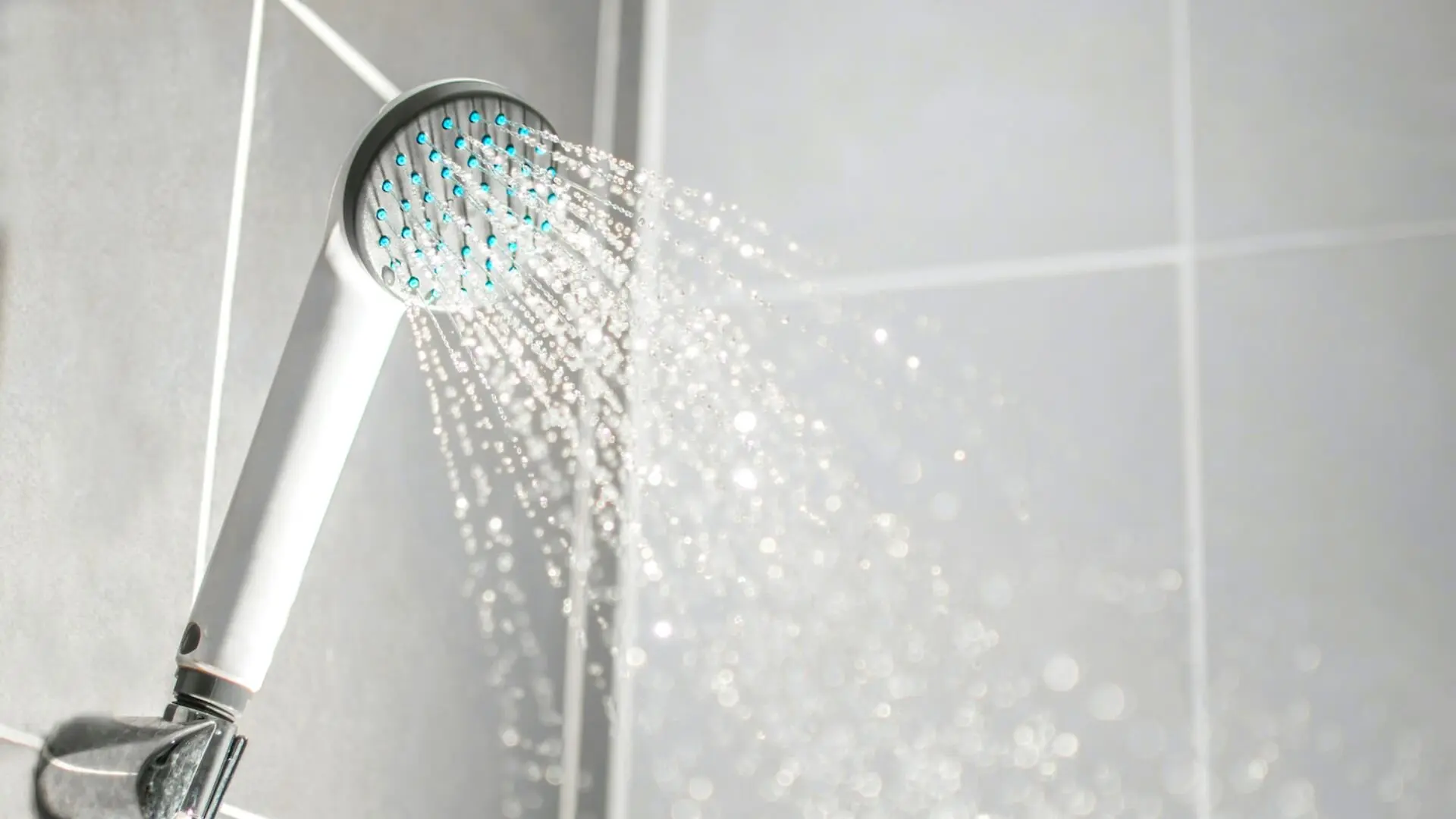
1. Higher Pressure From The Water Supply
In certain areas, the water supply may be intentionally high, such as in hilly areas or those with tall buildings
2. Building Location
The location of your house may be another cause of high water pressure. For instance, homes located at the base of a hill will have greater pressure due to the effect of gravity.
3. Changes In The Temperature
Increased temperatures in your plumbing can cause water to expand, leading to greater pressure. Your hot water heater might also play a role in this.
4. Defective Water Pressure Regulator
A water pressure regulator has an average lifespan of seven to ten years; if it is older, ensure it is not defective, which can also lead to this problem.
Fixing High Water Pressure Problems to Prevent Water Damage
In most modern households, water pressure regulators can help monitor your home’s water pressure and ensure it stays at the right level. If problems with higher pressure arise, the first step is to check the regulator and lower the pressure from there. If the regulator is not working correctly, it may need to be replaced.
Older houses may not have a water pressure regulator, so you will need to get one installed by a plumber.
Don’t Let High Water Pressure Ruin Your Life and Your Home
Regarding problems like high water pressure, early detection is the key to efficient resolution. While it may take some time for the water to do some damage, waiting for that can lead to the problem getting out of hand. When that happens, repairs become more complex and expensive.
That is why it is essential to consider the various signs indicating high water pressure. And if you’re unsure of how to deal with such a problem, hiring a professional plumber like Woold Plumbing is always an option.
On that note, it is time to wrap up. Until next time!


